Medical Blog About Treatment Abroad
Welcome to our medical blog – it is dedicated to empowering patients with knowledge about global healthcare! We created this platform with the intention to bridge the gap between patients and the medical innovations available globally.
What's Inside: Discover new and rare methods in oncology, immunology, heart surgery, neurosurgery, and other medical fields! Our health travel insights show how medical journeys open new possibilities with advanced treatments unavailable locally, including specialized cancer care abroad.
Who Benefits: This resource is for patients and their families who seek new treatment methods and explore options at leading international hospitals. Those who want to make informed healthcare decisions beyond borders.
Why Read: Booking Health experts provide verified information through patient-friendly articles – they translate complex medical advances into accessible info. Stay current with the latest developments in global healthcare and discover how international medicine can transform treatment outcomes!
Browse our latest articles and take the first step toward better health outcomes!
Stage 4 cancer
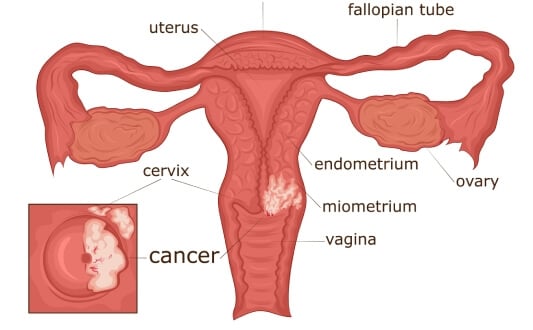 Comprehensive Guide to Stage 4 Cervical Cancer Treatment Options
Comprehensive Guide to Stage 4 Cervical Cancer Treatment Options
Cervical cancer is the fourth most common cancer among women worldwide, with approximately 660,000 new cases and 350,000 deaths reported in 2022. About 94% of these fatalities occur in low- and middle-income countries due to limited access to human papillomavirus (HPV) vaccination and regular screenings. In the United States, an estimated...
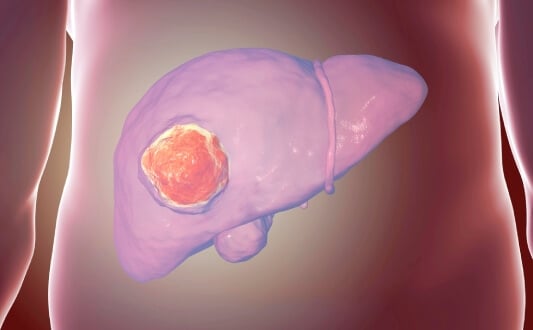 4 Stage Liver Cancer: Full Guide and Treatment Options
4 Stage Liver Cancer: Full Guide and Treatment Options
Liver cancer (particularly hepatocellular carcinoma (HCC)) is a deadly disease and remains a significant global health issue. It is an aggressive tumor, that often develops in individuals with chronic liver disease (alcohol-related, fatty liver disease, hepatitis B, hepatitis C, cirrhosis and others), although it can also occur in the absence of such...
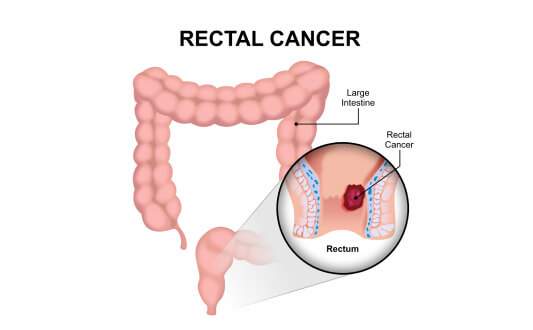 Stage 4 Rectal Cancer Treatment Options
Stage 4 Rectal Cancer Treatment Options
Stage IV rectal cancer is the latest and most aggressive form of colorectal cancer. At this stage malignant cells spread beyond the rectum and into other organs (most often to the liver, lungs and lymph nodes). Early screening allows doctors to detect the disease in its early stages 一 but in many cases the diagnosis is made too late due...
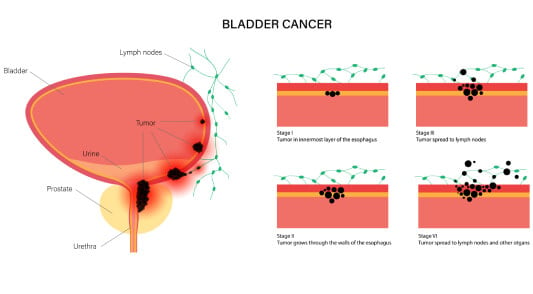 Stage 4 Bladder Cancer: Comprehensive Guide and Treatment Options
Stage 4 Bladder Cancer: Comprehensive Guide and Treatment Options
Bladder cancer stage 4 is the most advanced form of the disease. It is characterized by the spread of cancer cells beyond the bladder (to distant lymph nodes, liver, lungs and even bones). According to statistics bladder cancer is among the most common malignancies worldwide with an estimated 573,000 new cases diagnosed annually and...
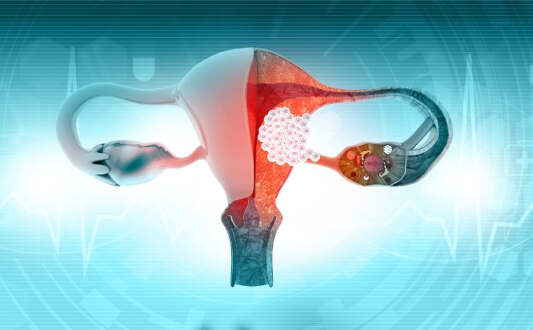 4 Stage Uterine Cancer: Treatment Options for Stage 4 Endometrial Cancer
4 Stage Uterine Cancer: Treatment Options for Stage 4 Endometrial Cancer
Stage 4 uterine cancer and specifically stage 4 endometrial cancer represent the most advanced form of endometrial carcinoma, where the cancer has spread beyond the uterus to distant organs such as the lungs, liver, bones, or lymph nodes. According to the American Cancer Society, uterine cancer is the most common gynecologic malignancy...
 Advanced Treatment Options for Lung Metastases
Advanced Treatment Options for Lung Metastases
Lung metastases affect 20-54% of patients with extrathoracic cancers. What is important, they reduce survival rates dramatically – breast cancer survival drops from 96% to 21% with lung spread, while colorectal cancer survival falls from 91% to below 10% with metastasis. These secondary tumors commonly originate from breast...
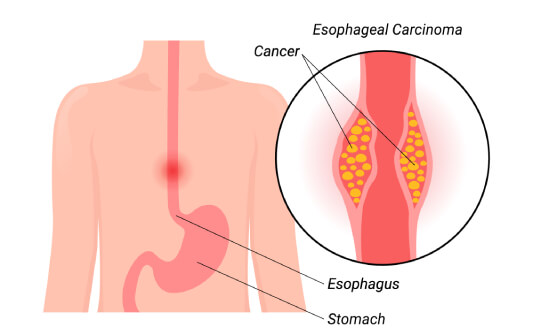 Stage 4 Esophageal Cancer: Comprehensive Guide and Treatment Options
Stage 4 Esophageal Cancer: Comprehensive Guide and Treatment Options
Esophageal cancer is a severe and aggressive malignancy. According to oncology research, this disease is often diagnosed late due to its subtle early symptoms, such as difficulty swallowing, chest pain, weight loss, and persistent cough. By the time the disease reaches stage 4, it has spread beyond the esophagus to distant organs such as...
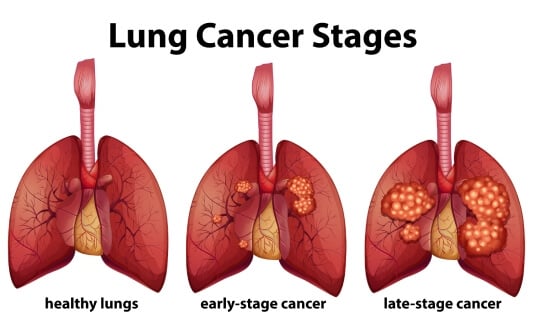 Comprehensive Guide to 4 Stage Lung Cancer Treatment Options
Comprehensive Guide to 4 Stage Lung Cancer Treatment Options
Stage 4 lung cancer is also known as metastatic or advanced lung cancer. Simply said, the disease has spread beyond the lungs to distant parts of the body to the liver, brain, bones, or the other lung. As reported in the research, this stage is often associated with a challenging prognosis. However, innovative treatment options are providing...

